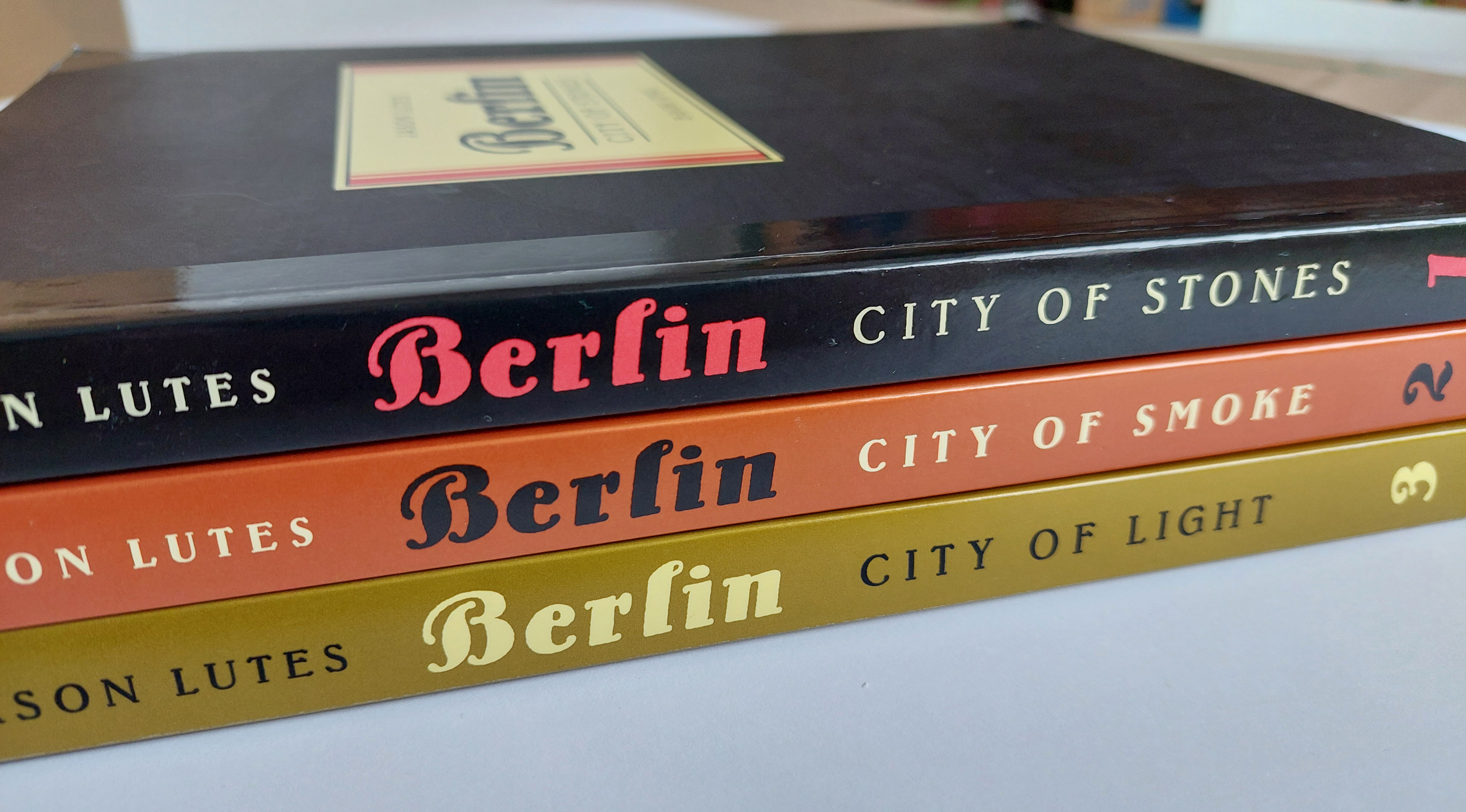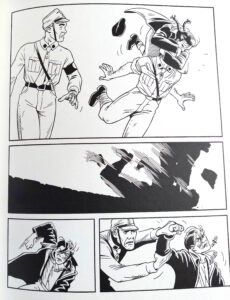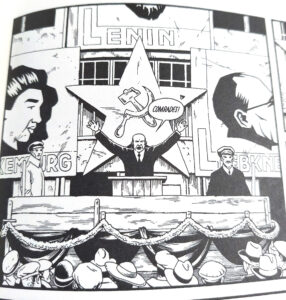History repeats itself, as seen in “Berlin: City of Light”
Last week on a whim, I bought the third book in the series of graphic novels Berlin by Jason Lutes. I read the first one in university 10 years ago, and bought the second one a couple of years later. I always had at the back of my mind that one day maybe I should read the third one, which back then wasn’t released1. Acquiring the third book prompted me to re-read all of them, and I’m glad I did (but also a bit sad).
This story as a whole gives us a glimpse into Berlin in the years 1928 to 1930. We follow the lives of ordinary people – a young artist from Cologne who wants to go to art school, a weary journalist, a transgender man struggling with his identity, a family of Jewish people, a German family that is split between a fascist father and brother, and a communist mother and sister, among others. To be honest, reading this novel and understanding the relationships between these characters was a bit of a challenge in the first two books, but it all came together in the third book.
What makes this story so striking though, is that we as the readers know exactly what’s at stake. We know that fascism is on the rise, and it ends with Berlin under the rule of Hitler for over 10 years, and eventually with the city being segregated and in ruins. We start to fear for the characters as we observe them to make ends meet in a city that no longer really welcomes them, and this feeling grows and grows with each book.
Re-reading these books affected me even more deeply because of the shocking parallels to what is happening in the present here in Germany and allover Europe. Fascist parties, such as the AfD in Germany, have been on the rise and are receiving more and more support in elections. In one of Germany’s Bundesländer, they have a whopping 20% and have thus become an influential part of the government there.
For the last couple of weeks, following some scandals about right-wing conspiracies, people have been demonstrating against fascism in the German government, with up to 250.000 people joining protests in Germany’s major cities. That’s very good news for Germany, however, it’s not without its own problems.
What I fear is an increasing division between the people in this society – very much like what can be observed when reading Berlin. Both sides are becoming more and more radical, and the average citizen feels left out, which is especially true for people who live in rural regions. This division has potential to further radicalize and split society, leading to aggression in the streets such as we can already see on occasion.
I consider myself very left-leaning, but I honestly find it difficult to fully identify with any of these political movements. The fallacy I fear is the paradox of tolerance, in which a society’s practice of tolerance is inclusive of the intolerant. I cannot with a good conscience support people who are inherently intolerant – such as Nazis, obviously. But this applies to extremists of any kind, regardless of social, religious or ethnical identity. Extremists that seek to wipe out other particular groups are unacceptable in my book, even if they themselves might be a minority and thus would be subject to tolerance.
With all that’s happening in our politics, the world has become a fearsome place, and re-reading Berlin made me seriously worried for our future. It gave me a sweeping sense of all of this has happened before, and all of it will happen again.




Write a response